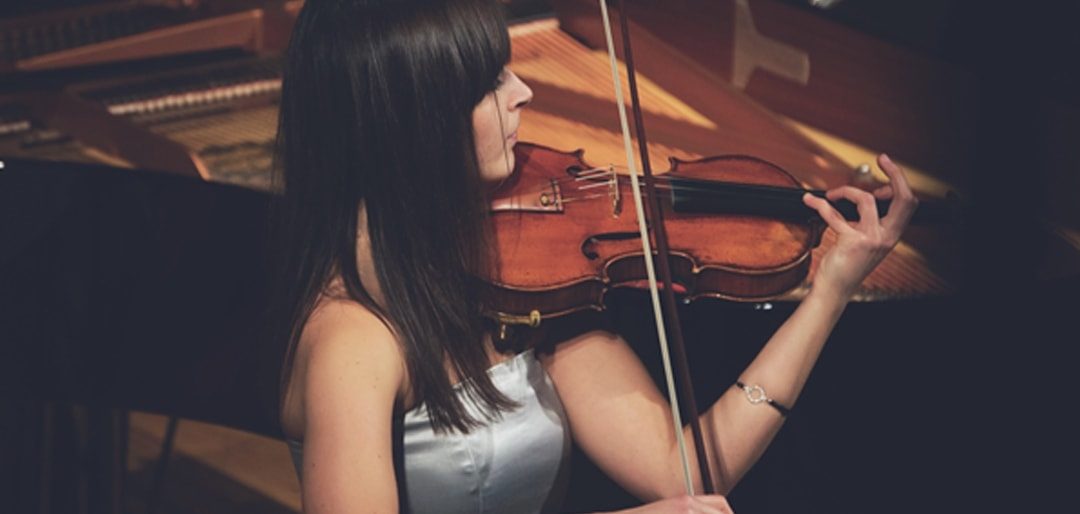Brexit Could Make Arts Funding a Major Talking Point
If there is one thing that has characterised life in the UK since the largely unexpected result of the 2016 referendum upended the country’s status quo, it is uncertainty. From the corridors of Westminster to the heart of the financial sector in the City, nobody seems entirely sure how the process of leaving the EU will play out, or what effect it will have.
Nowhere has this uncertainty been more keenly felt than in the arts, which have been faced with the growing possibility of more and more funding avenues drying up. Arts organisations, including from the classical world, face losing revenue from both European grants, as well as home-grown donors and funding sources if Brexit brings about a renewed period of economic austerity.
Immediately following the 2016 vote, many high-profile voices were to be heard insisting on the part that musicians and artists should play in lobbying the government to ensure funding for the arts is protected [1]. With Brexit now finally appearing to be underway as talks to progress in Brussels, it seems likely that 2018 will see these voices growing in volume once again.
AI Composers – Threat or Opportunity?
Attempts to use AI technology to create music have been underway for several years now, but this year they took a major step forward with the creation of Aiva – an AI program for composing music without the input of a human arranger [2].
The presence of programs such as Aiva in music is likely to become the next big talking point regarding the intersection of music and technology. Will it be a useful tool that aids and abets creativity, or will it render human musicians obsolete in an era of increasingly commercialised, mass-produced music?
The majority of headlines so far have emphasised the latter scenario – AI composers are already writing music indistinguishable from yours, and they’re coming for your career next. However, could there not be a more useful, practical application for this technology? Dorico, after all, is the first music notation software to integrate AI elements. Used as a tool to assist composers, rather than replace them, AI could in fact open up bold new possibilities – and 2018 could well be the year the debate begins in earnest.
Classical Music Will Continue to Innovate
It can sometimes seem as if almost every year ends with yet another prediction of classical music’s impending demise, as those pesky kids lose interest and float away to new genres their parents can only hope to understand. But as a recent profile by Culture Trip pointed out [3], there is in fact a talented, promising pool of young composers taking classical music to innovative and exciting new places. From talented multi-instrumentalists to increasingly inventive staging for topical new operas, it’s important to celebrate the composers carrying on classical music’s long history of breaking new ground.
[1] https://www.theguardian.com/culture/2016/jul/09/brexit-arts-loss-of-funding
[2] https://futurism.com/a-new-ai-can-write-music-as-well-as-a-human-composer/

